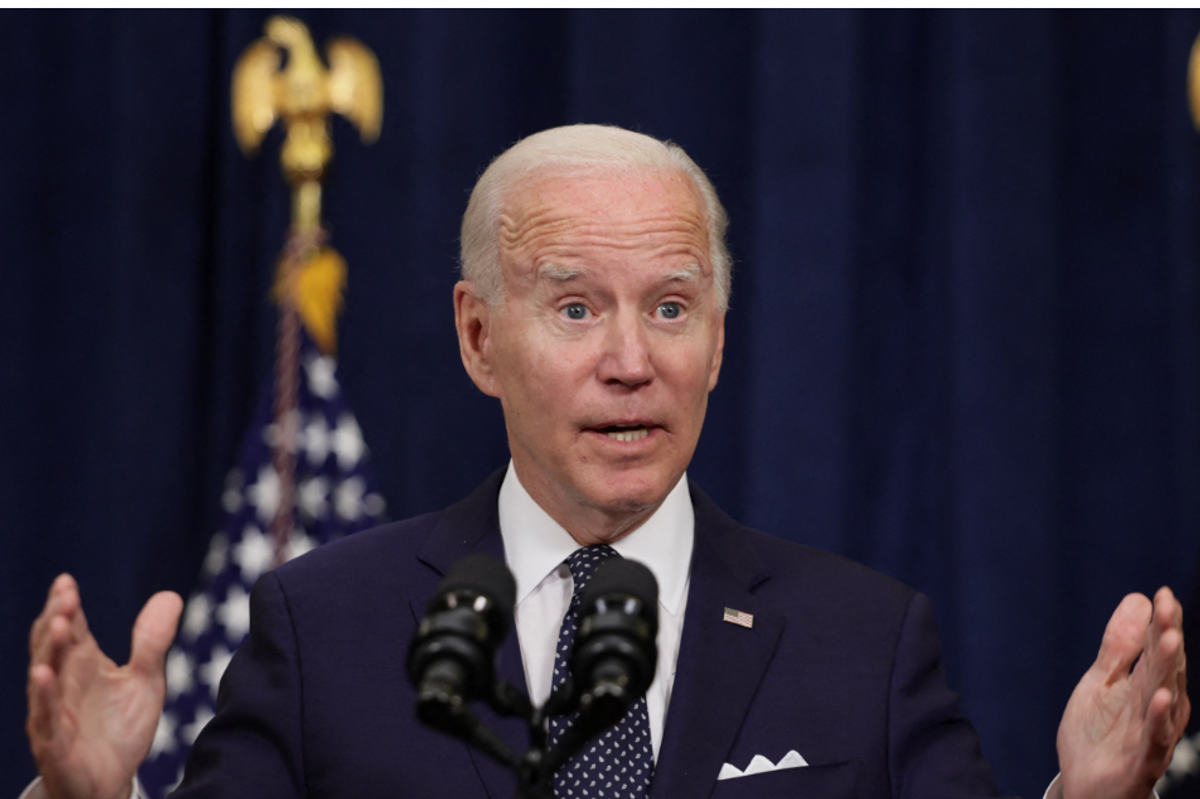Washington (AFP) – The powerful Senate Intelligence Committee green-lighted a measure Thursday that maintains U.S. spy agencies’ controversial authority to conduct dragnet data collection, but critics said it fell well short of much-needed reforms.
The legislation, if it passes both chambers of Congress, would mark the first reform of the nation’s surveillance laws since former intelligence contractor Edward Snowden made stunning disclosures this year about U.S. data collection practices.
The 11-4 vote — during a closed-door committee session — puts the measure on a collision course with other legislation introduced in the Senate and House of Representatives that would end bulk data collection outright.
The Snowden leaks disclosed that the National Security Agency (NSA) was scooping up phone and Internet data on millions of Americans, the vast majority of whom have no connection to terrorism.
It generated a wave of skepticism on both sides of the political aisle about the degree of secrecy that cloaks the programs and the court that reviews electronic and telephone surveillance requests, which critics say has failed to provide a check on the NSA’s eavesdropping powers.
Intelligence Committee chair Senator Dianne Feinstein insisted the FISA Improvements Act would increase citizens’ privacy protections as well as tighten oversight of the Foreign Intelligence Surveillance Court, including requiring outside experts to review key court findings or interpretations of the law.
It would provide for prison terms of up to 10 years for unauthorized access to the collected data, and require an annual public report on the number of queries made against the NSA database and investigations begun as a result of the queries.
“The threats we face — from terrorism, proliferation and cyber attack, among others — are real, and they will continue,” Feinstein said in a statement after her committee voted 11-4 in favor of the bill. “Intelligence is necessary to protect our national and economic security, as well as to stop attacks against our friends and allies around the world.”
Critics blasted the legislation as a fig leaf draped over a larger problem.
“Unfortunately, the bill passed by the Senate Intelligence Committee does not go far enough to address the NSA’s overreaching domestic surveillance programs,” Senator Mark Udall, who voted against the legislation, said in a statement.
“I fought on the committee to replace this bill with real reform, and I will keep working to ensure our national security programs show the respect for the U.S. Constitution” that he said his constituents demand.
Udall backs the bill introduced by Senate Judiciary Chairman Patrick Leahy, which would put a stop to the bulk data collection and introduce a “special advocate” who works to assure individual privacy and civil liberties.
Senator Ron Wyden, who for years has sought to rein in the surveillance, predicted a long battle ahead, telling reporters his top priority was ending surveillance “on millions and millions of law-abiding Americans.”


